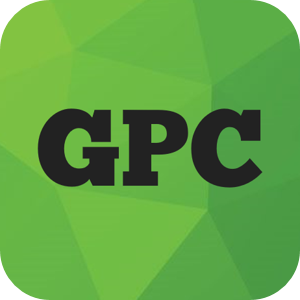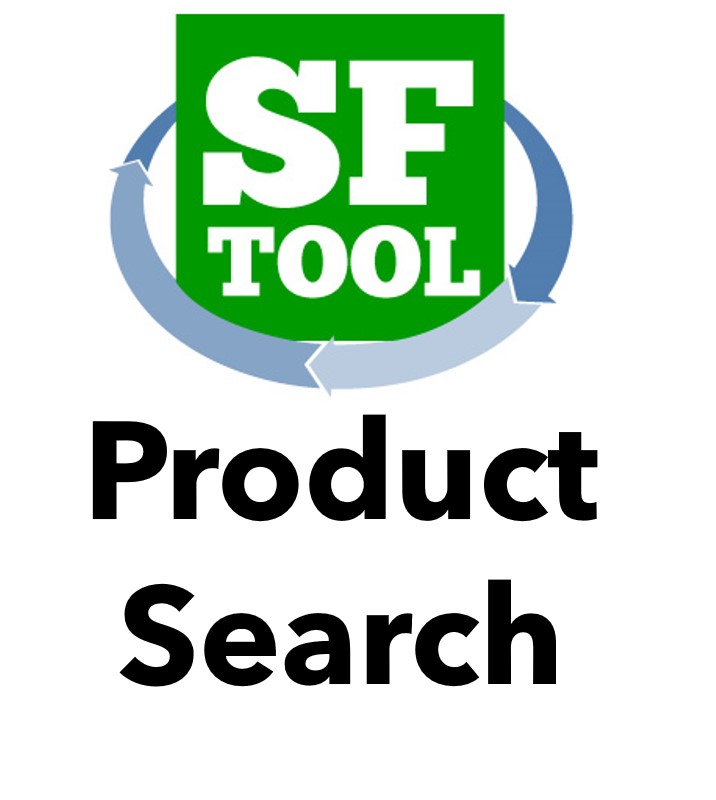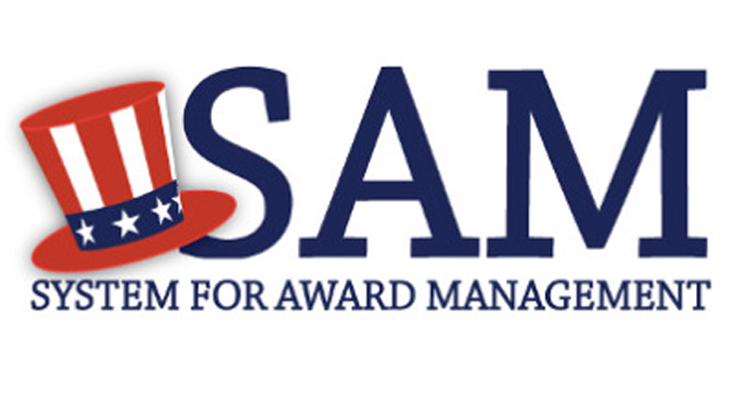Acquisition Life Cycle Tools
There are a number of tools and resources provided by the federal government to promote cost-effective and sustainable acquisition (e.g. energy and water efficient products, reduced life cycle costs). This webpage provides guidance for how each of the tools can be utilized during each phase of the procurement life cycle.
| SFTool: Access Helpful Tools, including the Learn, Plan, Explore, Apply, and Train modules for best practices, strategies and solutions for energy efficiency, resilience, healthy buildings, and sustainable procurement. | |
 |
EPA's Sustainable Marketplace |
 |
SFTool's Green Procurement Compilation: Identify federal sustainable acquisition requirements for products and services. |
 |
SFTool Product Search |
 |
SFTool Recycling Checklist: Consider minimizing waste before making a purchase by following a checklist of considerations including assessing the recyclability of the item(s). |
 |
GSA Environmental Program Aisle on GSA Advantage: |
 |
Market Research as a Service: |
 |
Cost Savings and Environmental Benefits Calculators: Available calculators can assist with determining any cost savings and other environmental benefits resulting from the contract (e.g. Energy Star Cost Savings Calculator |
 |
Federal Procurement Data System |
 |
System for Awards Management |
 |
Contractor Performance Assessment Reporting System |
Training
- DOE | Download the Sustainable Acquisition Training Resources

- DOE | Download the Sustainable Acquisition Training Inventory

- WBDG.org | DOE Federal Energy Management Program (FEMP) Contracting for Efficiency: In-Depth Training for Contracting Officers

- DOE FEMP | Take Five

Recognition Programs: Consider recognizing successful projects through an awards program (e.g. DOE GreenBuy Awards![]() , Secretary of Defense Environmental Awards
, Secretary of Defense Environmental Awards![]() , EPA SaferChoice Awards
, EPA SaferChoice Awards![]() )
)




